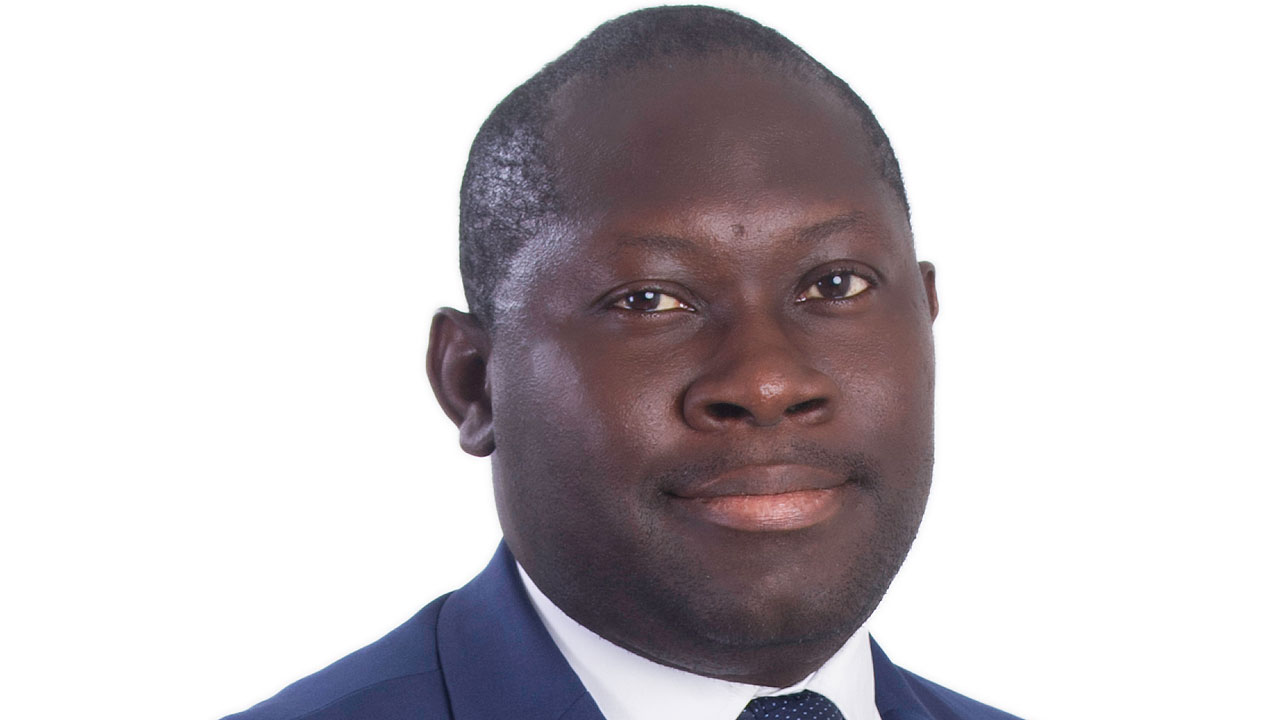An investment banker and Head, Debt Capital Markets, FBNQuest Merchant Bank Limited, Mr Oluseun Olatidoye, has stressed the need for sound macroeconomic and policy frameworks to enable the capital market to attract investors to fund infrastructure projects in the country.
Olatidoye stated this in his presentation themed: “Bridging Nigeria’s infrastructure Gap, the Capital Market Option” at the 2019 annual conference of the Capital Market Correspondents Association of Nigeria (CAMCAN) on Saturday in Lagos.
He said the capital market was a very good platform for raising funds for infrastructure development.
According to him, the government has funded about 26 roads across the six geopolitical zones in the country to the tune of N200 billion through the FGN Sukuk I and II.
“We have raised N11.4 billion for the development of schools facilities in Osun State, and funded the development of affordable housing on the Mixta Real Estate Plc Bond Issues.
“We have also developed a number of roads, bridges, health facilities using the opportunity presented by the capital markets,” he said.
However, considering the huge financial outlay needed to bridge the country’s infrastructure gap, Olatidoye said sound macroeconomic and policy frameworks must be provided by the federal government.
“As much as the government has its role, political interference must be limited. This ensures investors against any form of political risk, and most importantly corruption which has the potential of crippling the entire endeavour,” said Olatidoye.
Olatidoye, who noted that foreign capital was a great deal in the domestic debt capital market, said project bonds, Sukuks, and other infrastructure-based fixed income products may be unappealing to foreign interest for a couple of reasons.
“Top of such concerns include foreign exchange policies, liquidity, and tenor (money market has been the major destination for foreign portfolio investors).
“However, asides luring investors with reasonable yields, mitigating structures need to be in place to address risk factors, and this is largely reliant on a significant degree of macroeconomic policy stability and direction to capture offshore investors in long term domestic projects,” he said.
He noted that foreign exchange volatility, if not addressed could deter the interest of foreign investors.
“Depending on the structure of the bond, projects could be of a nature that exposes financers to devaluation risks, which will whittle down the dollar value of local currency cash flow from such projects.
“Ultimately, if infrastructure funds are the preferred options for issuers, the ingenuity of financial advisers would be put to test in coming up with structures that protect investors from currency fears (assuming the status quo remains) and also meeting the rating criteria,” he said.
Oladitoye noted that regulators had the responsibility to educate the investing public and other capital market participants.
“This forms the starting point of extracting the most benefit from an efficient capital market.
“As an incentive, the overall cost related to pre-issuance, issuance and post-issuance activities should be revised downwards. Specifically, a favourable tax regime should be instituted for infrastructural investments,” he said.
Earlier, in her keynote address, Ms Mary Uduk, the acting Director-General, the Securities and Exchange Commission (SEC) said the theme of the workshop was apt.
“Nigeria has a huge gap in infrastructure base measured through levels of physical capital of roads, public education, electricity production, health infrastructure, and access to treated water,” she said.
Uduk said the Nigerian government, like other developing countries, continued to face significant challenges in implementing programmes to build basic infrastructure, as the traditional source of infrastructure funding was through public expenditure and development finance aids.
According to her, these sources of infrastructure financing have been found to be inadequate as evidenced by the country’s infrastructure gap.
“A report by the African Development Bank on Nigeria’s Infrastructure Plan in 2013 estimated that Nigeria would need to invest about $350 billion in its infrastructure sector in 10 years to be at par with its peers.
“The government, in recognition of this, is doing its best to close the infrastructure gap as outlined in the Economic Recovery and Growth Plan (ERGP) for 2017-2020,” she said.
She said the establishment of an active infrastructure fund as proposed by capital stakeholders would be beneficial in closing the infrastructure gap in the country.
According to her, there are various sources of funds available in the market such as the pension funds, real estate investment trust and collective investment scheme, which can be harnessed for infrastructure development.
Uduk represented by Mr Sufian Abdulkarim, Head of Department, External Relations, SEC, said the government could not be the sole provider of infrastructure, noting that active private sector participation was also needed.
The SEC boss said the capital market provided an enabling environment for private investment in an infrastructure project, adding that SEC was doing everything within its powers to promote this through the implementation of the Capital Market master plan 2015 to 2025.
She urged the government to leverage alternative sources of infrastructure financing in the capital market in a bid to diversify the economy and develop infrastructures in Nigeria.

